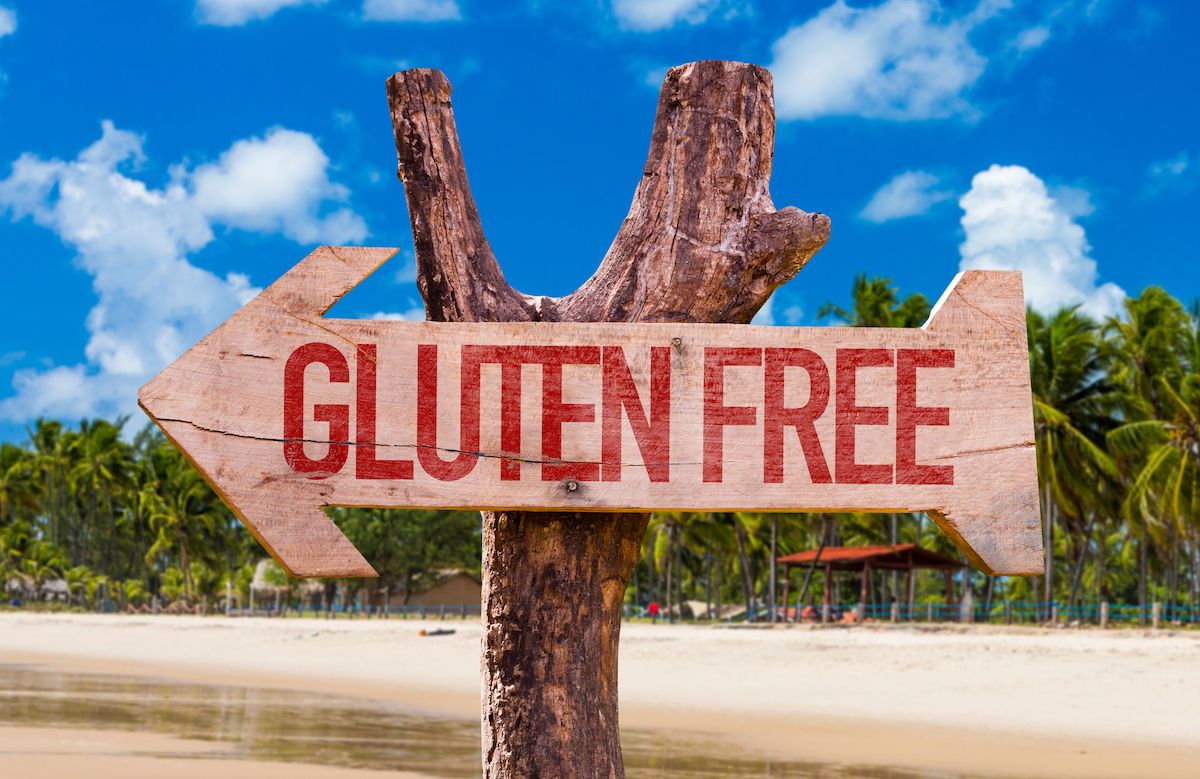- BY Susan Tucker
- POSTED IN Information
- WITH 0 COMMENTS
- PERMALINK
- STANDARD POST TYPE

Gluten allergies have seemingly increased in recent years. Or, at the very least, more attention has been given to gluten and, in some instances, the need to live a gluten-free lifestyle. If this is something you are considering you will want to educate yourself on what it entails. This includes these five things that you may not discover ahead of time about living a gluten-free life.
5 Things No One Tells You About Living Gluten-Free
1. Going Completely Gluten-Free Is Almost Never Necessary
Around one percent of people have what is known as celiac disease. This is an autoimmune disease that can cause damage to the small intestine whenever you consume gluten. If your parents or grandparents suffered from celiac disease there is an increased chance you will suffer from it as well.
However, in most instances, people have what is known as non-celiac gluten sensitivity. In other words, a person might display some mild symptoms of the disease but not actually have it. In fact, only 0.4 percent of people are doctor-diagnosed with the autoimmune disorder. Basically, very few people actually need to go completely gluten-free. If you’re doing so by choice that’s a different topic, as you may simply feel better when you don’t eat gluten. However, in terms of avoiding gluten based on serious reactions, this population is extremely small, so most people who completely go gluten-free don’t need to.
2. Get Ready To Be Questioned … A Lot!
If you go gluten-free people are going to constantly ask you questions about it. It will likely taper off over time, but it’s something you need to prepare for. From bread to pasta, pizza crust to beer, gluten is in more food (and non-food) products that you can imagine, so you will need to tell people ahead of time that you’re gluten-free.
People will likely ask you why you went gluten-free. They might question you about the cost, or why you’ve even gone gluten-free if you don’t have celiac disease. Educate yourself on the answers and be prepared ahead of time. These resources may help.
- Celiac Disease 101
- What Is Non-Celiac Gluten Sensitivity?
- Five Ways to Be Supportive of Someone With Celiac Disease
- What is a Celiac Disease Diet
- The History of Celiac Disease
3. Gluten-Free Doesn’t Mean Grain Free
If you imagine gluten-free you’re probably assuming that means you can’t eat all grains. Wrong. There are actually a number of high-quality grains you can still eat that don’t have gluten. This includes quinoa, amaranth, buckwheat, and millet.
Discover 7 Ancient Grains Whole Grain Bread >>
4. Going Gluten-Free Doesn’t Necessarily Mean You’ll Drop The Pounds
Some people make the mistake of assuming a gluten-free diet means they’ll lose weight. That, however, isn’t necessarily the case. Yes, removing refined carbs from your diet will help prevent you from storing water weight, but you’ll also likely lose fiber, which will cause food to remain in your digestive system longer. And while you might drop a few pounds initially, this is almost all water weight, so it’s not something that will be sustained.
As with any dietary changes, be mindful of your overall health needs.
5. Going Gluten-Free Is Harder Than It Appears
This is because gluten is often hidden away in some items that you didn’t suspect. For example, if you’re also a vegetarian, veggie burgers typically have gluten. Many salad dressings also have gluten. Gluten can even be found in a number of medications and health supplements. So until you get everything down, you’ll need to get in the habit of reading every single product label.
Gluten-free living has received a good amount of attention in recent years. However, there is a chance you may not need to go completely gluten-free. Whatever you decide to do just know your life, at least your life around food, will change. So keep these five things no one will tell you about living gluten-free in mind as you continue on with your adjusted dietary menu.
Disclaimer: This information is not intended to treat, diagnose, cure or prevent any disease. All material provided on this Site is provided for information purposes only. Always seek the advice of your physician or other qualified health care provider with any questions you have regarding a medical condition, before undertaking any diet, exercise, other health program, or other procedure set out on this Site.


